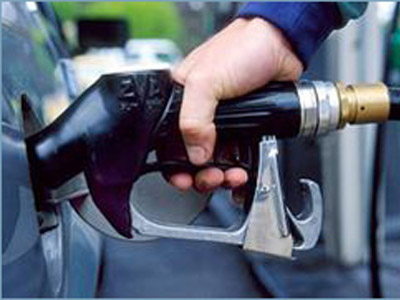Azerbaijan, Baku, Mar. 31 /Trend F.Milad/
Increasing fuel prices, based on the Subsidy Reform Plan, has gained Iran some 740 trillion rials (over $60 billion) in the past calendar year, which ended on March 19, Khabaronline website quoted the Iranian parliament (Majlis) research center as reporting.
According to the report, the total budget which had been allocated to the Subsidy Reform Plan in the past year was just 540 trillion rials (some $44 billion). Therefore, the Islamic Republic's income out of increasing prices of gasoline, gas oil and kerosene has been around $16 billion more than the forecasted figure.
The surplus income has been made in a situation that a Majlis deputy announced in February the administration of President Mahmoud Ahmadinejad has borrowed 80 trillion rials (some $6.5 billion) from the Central Bank to pay cash handouts.
The Jahan-e Sanat daily quoted Gholamreza Mesbahi Moqaddam, Head of Majlis Economic Committee, as saying on February 16 that based on the Supreme Audit Court, the government has borrowed 80 trillion rials from the Central Bank.
However, the sum had been paid [to the government] not from the subsidy reform resources, but using other resources, according to Mesbahi Moqaddam. This is while the law has stipulated that to pay cash subsidies, only the related resources should be used, but the government has used other resources in this regard.
The Subsidy Reform Plan has faced ups and downs as well as criticisms since its start of implementation a year ago. The date of implementing the second phase of the plan is still unknown.
Meanwhile, the administration announced last week that it has remitted 280,000 rials to accounts of families for each person as the balance of the first phase and the second phase. The move was reacted by the Majlis in opposition with the issue.
Members of the parliament declared that the administration has practically started the second phase of plan, without being approved by the parliament.
The parliament members also blamed the government for not paying due attention to the production sector, as it has been stipulated in the subsidy reform law, and that the budget has been directly paid to end consumers.
The government's revenues out of selling gasoline, gas oil, kerosene and liquefied gas, have increased 164 trillion rials, 311 trillion rials, 40 trillion rials, and 24 trillion rials, respectively.
According to analysts, the President Ahmadinejad's decision toward increasing cash subsidies could swell inflation and make the burden of debts of the next administration heavier.






